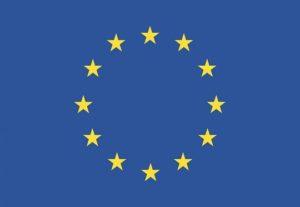
 The EU has announced new funding totaling €125 million for the Sahel countries.
The EU has announced new funding totaling €125 million for the Sahel countries.
The fresh injection of €125 million will be used for the swift launch of new initiatives, which are in line with the priorities set by the G5 Sahel to enhance development and security.
The measures will focus on boosting the resilience and social cohesion of the most vulnerable groups in the cross-border regions.
European Commissioner for International Cooperation and Development, Neven Mimica, said: ‘Ten months after the Brussels Conference on the Sahel, which mobilized the international community around the G5 Joint Force, we are now focusing on the incontrovertible need to complement our security initiatives with development projects.”
The additional €125 million announced by the European Union will focus on development projects in the most vulnerable areas, with an immediate impact on the living conditions of local communities, the commissioner said.
According to EU’s press release, the new envelope comprises a contribution of €70 million to help improve living conditions for people in cross-border areas, by improving the quality of basic services and boosting their resilience. The program will be implemented by several partners of the Sahel Alliance.
Other initiatives worth €55 million will aim to strengthen the capacities of the G5 Sahel institutions in the area of justice, security and defense of human rights, and to combat human trafficking and give young people a proper voice in the public debate.
These additional funds come on top of the €672.7 million already available to support ongoing activities from the priorities identified by the G5 Sahel. Development cooperation support from the European Union and its Member States to the G5 Sahel countries amounts to a total of €8 billion for the period 2014-2020.
In 2014, Burkina Faso, Mali, Mauritania, Niger and Chad set up the G5 Sahel group to promote closer cooperation and address the major regional challenges facing them, including extreme poverty, terrorism and human trafficking, all of which have potential spill-over effects beyond the region.
Since then, the EU has stepped up its cooperation with this African initiative in order to forge a strong partnership on various fronts: political dialogue, development cooperation and humanitarian aid, and efforts to enhance security and tackle irregular migration.
